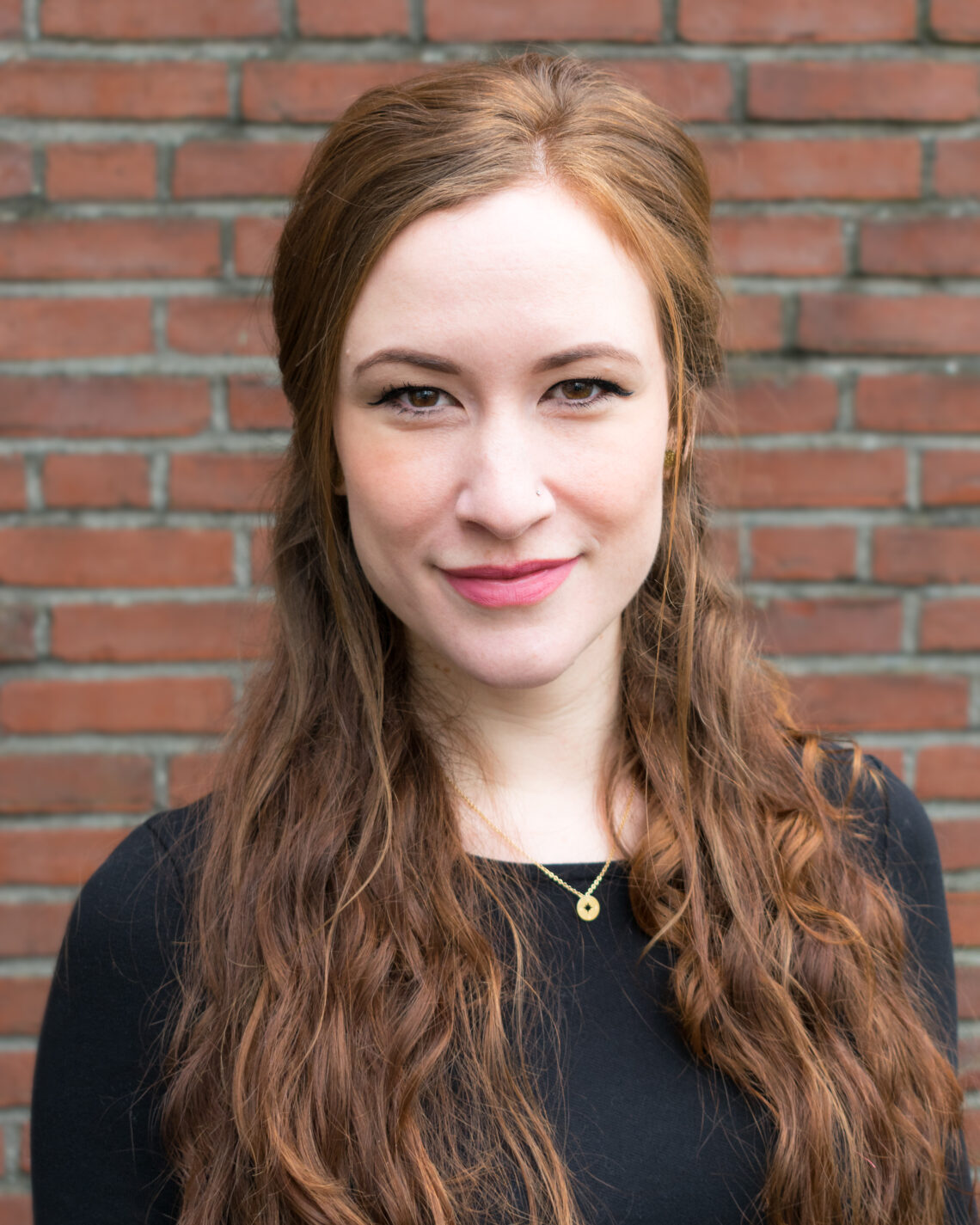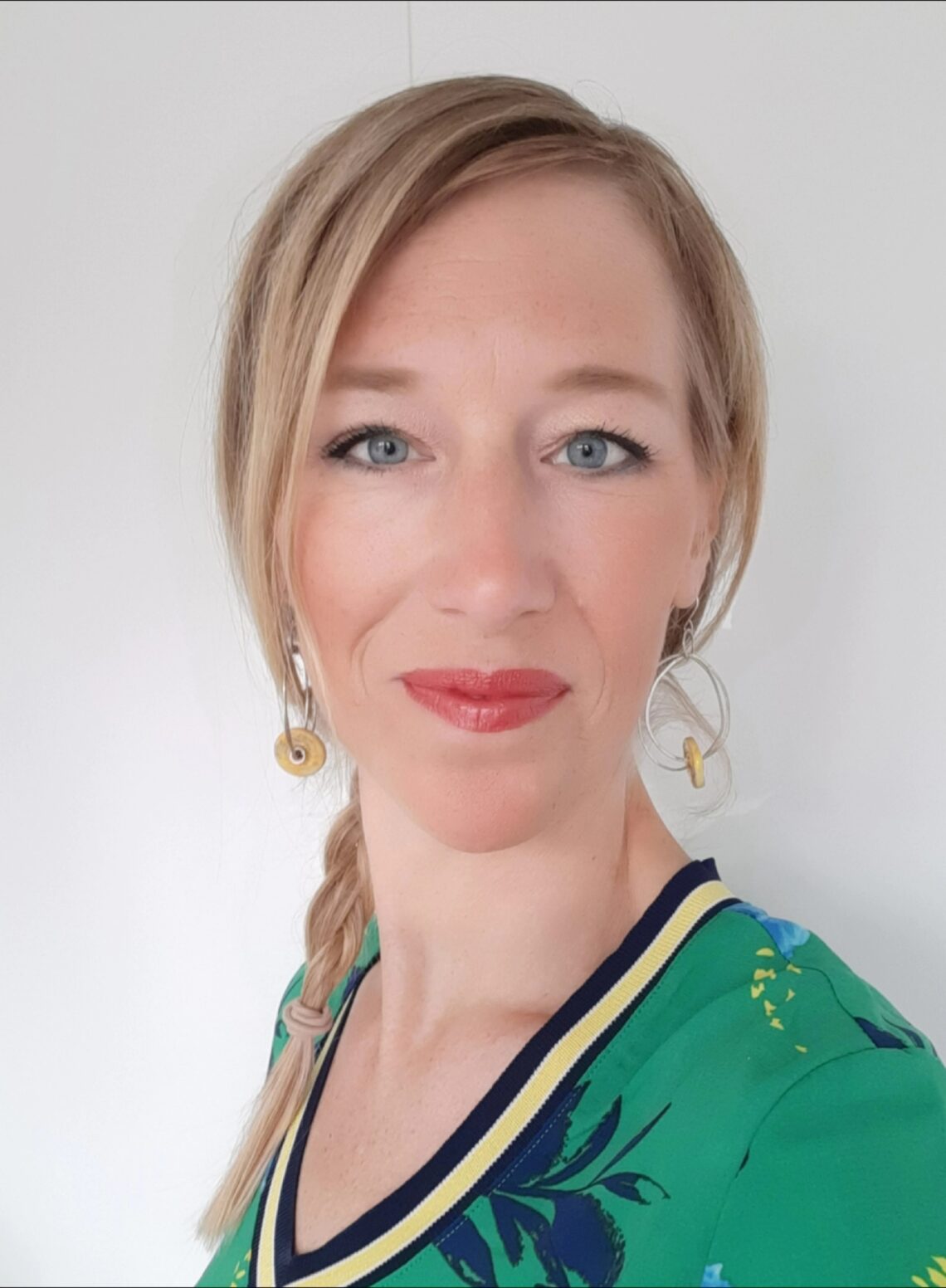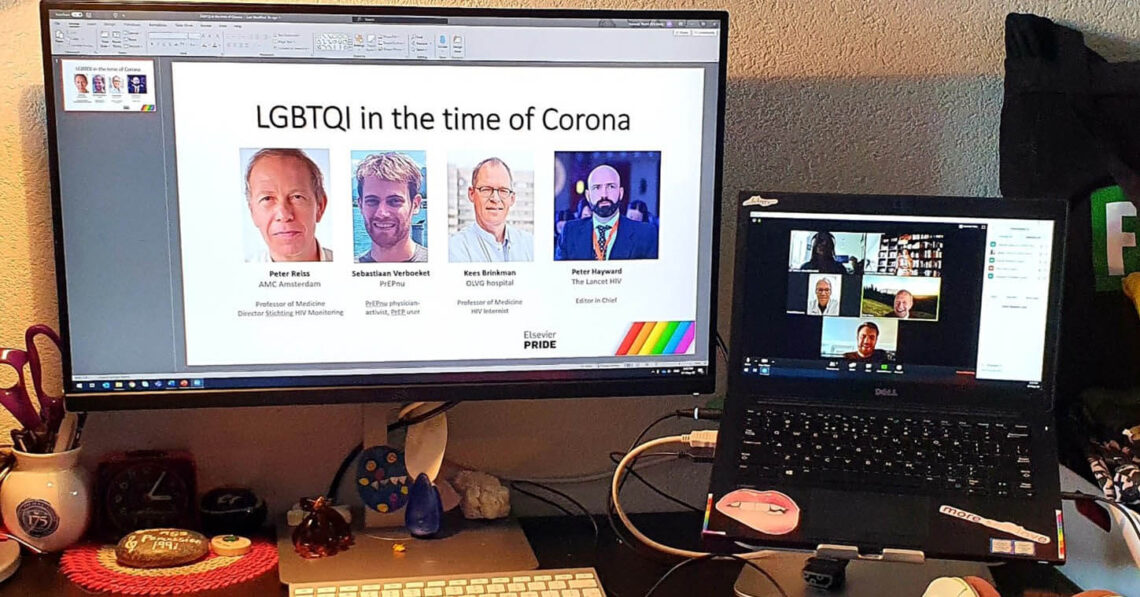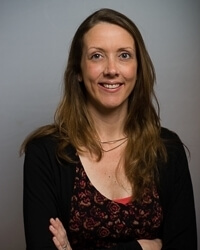Negative body image. We have all been there. In this day of Instagram perfection, body dysmorphia has become an epidemic, as we struggle with the idea that our health and wealth and happiness is 100% dependent on what we look like. This is of course not a new phenomenon – each society has had its own idea of what is considered beautiful, and those who do not fit this norm internalize the idea that they are not enough. What are the psychological processes behind this? How does one develop a negative body image, that could then morph into something more…
-
-
Being stigmatized is the antithesis of feeling safe. The reality of living in society is there is always a possibility that a minority group of people might be labeled as “different” due to their status. This devaluing is called stigmatization. Stigmatization could be due to a certain characteristic or identity of condition, including sexual orientation, gender, race, religion or disease status. But what does that to do the marginalized? Unsurprisingly, social, institutionalized and internalized stigma can have adverse effects on the psychology and health of these people. Dr. Sarah Stutterheim studies the cause of stigmatization of HIV positive people, and…
-
Recognizing vulnerable communities in pandemics These times of lockdown due to COVID19 are tough for us all. There are some communities however, where there are specific fears and issues that affect them specifically. To look at the science of SARS-CoV2 and how it affects the LGBTQI community, specifically those who are HIV positive, I hosted a panel session as part of the Elsevier Pride ERG. My guests included Prof. Peter Reiss (University of Amsterdam), Dr. Kees Brinkman (OLVG hospital Amsterdam), Sebastiaan Verboekhout (PrEP Nu), and Dr. Peter Hayward (The Lancet HIV). Read the full story, and watch the video: ©…
-
What does science say about work place inclusion? We all know in theory that people feel happier and work better together if they are accepted by their immediate community for being who they are, but is there actual science that proves this point? What is needed to actually bring about social change? What role do allies have in this process? In celebration of Pride around the world this summer, I had the pleasure of interviewing Jojanneke van der Toorn, who is a joint professor with both Leiden University and Utrecht University. In this podcast, she outlines the basic concepts of…




